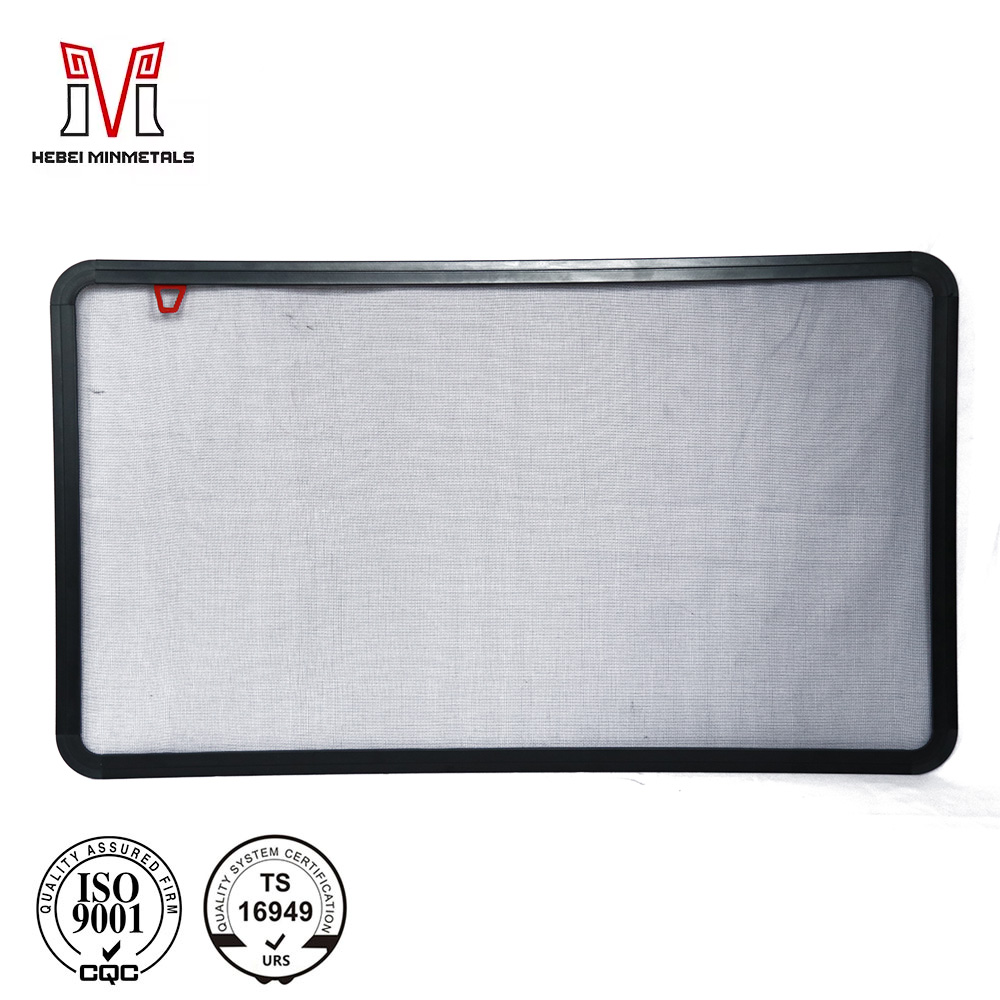Using Wire Mesh to Prevent Squirrel Infestations in Your Garden and Property
Dez . 26, 2024 04:37
Keeping Squirrels Out The Effectiveness of Wire Mesh
Squirrels can be charming little creatures, but for many homeowners, their presence can pose significant problems. Whether raiding bird feeders, digging up gardens, or nesting in attics, these agile animals can quickly turn a serene backyard into a battleground. One effective solution that homeowners are turning to is the use of wire mesh. This simple and versatile material can serve as a multifaceted barrier to keep squirrels at bay.
Understanding the Squirrel Problem
Squirrels are known for their resourcefulness and adaptability. They can chew through a variety of materials, including wood and plastic, making standard barriers often ineffective. Their small size allows them to squeeze through surprisingly narrow openings, further complicating efforts to deter them. Consequently, homeowners often find themselves seeking more robust solutions to protect their property and gardens.
Why Choose Wire Mesh?
Wire mesh is an excellent choice for keeping squirrels out for several reasons. First and foremost, it is durable and chew-proof, unlike many traditional barriers which can easily be compromised. Made from galvanized steel or other metal materials, wire mesh is resistant to the wear and tear that comes from outdoor elements and persistent animal activity.
Moreover, wire mesh is versatile. It’s available in various sizes and strengths, allowing homeowners to customize their approach based on their specific needs. Whether it’s around gardens, fruit trees, or structural areas, wire mesh can be adapted to fit any landscape.
How to Use Wire Mesh Effectively
When implementing wire mesh to keep squirrels out, there are several strategies to ensure its effectiveness
wire mesh to keep squirrels out

1. Assess Vulnerable Areas Start by inspecting your property to identify areas where squirrels are most likely to invade. This could include gaps around fences, attics, and openings in your garden.
2. Choose the Right Size The size of the wire mesh holes is crucial. Smaller holes (1/2 inch or less) are ideal for keeping squirrels out; larger holes may allow them to squeeze through.
3. Digging a Barrier For gardens, consider burying the wire mesh at least a few inches into the ground. Squirrels are known to dig, so this extra step can prevent them from burrowing under your defenses.
4. Secure Installations Ensure that the wire mesh is securely fastened. Use stakes, ties, or staples to anchor it in place, especially around garden beds. Loose mesh can be easily pushed aside.
5. Regular Maintenance Over time, vegetation may grow or weather conditions may change, compromising your wire mesh barrier. Regularly check the integrity of the mesh and make repairs as necessary.
Additional Preventative Measures
While wire mesh is an effective tool, it’s best used in conjunction with other preventive measures. Keep up with regular yard maintenance by removing food sources such as fallen fruit or seeds that might attract squirrels. Using repellents and deterrents, such as motion-activated sprinklers or natural squirrel repellents, can further augment your efforts.
Conclusion
In summary, while squirrels are often seen as harmless visitors in our backyards, their habits can wreak havoc on our homes and gardens. Wire mesh offers a robust and effective solution for deterring these clever creatures. By assessing vulnerable areas, choosing the right type of mesh, and combining it with other preventive strategies, homeowners can reclaim their outdoor spaces and enjoy a squirrel-free environment. As with any pest management strategy, consistency and vigilance are key in keeping these furry friends at a distance.




















